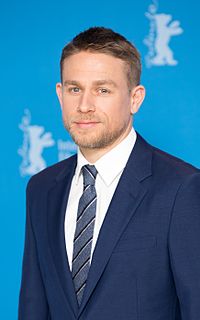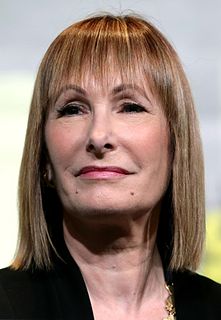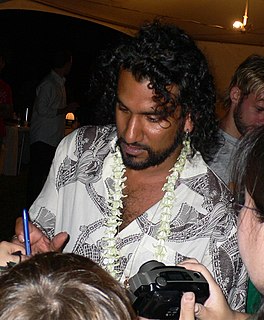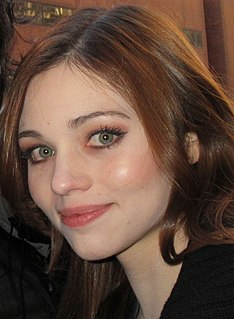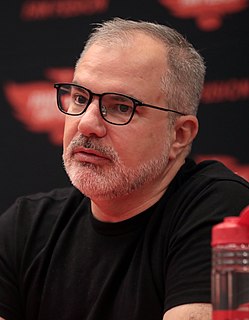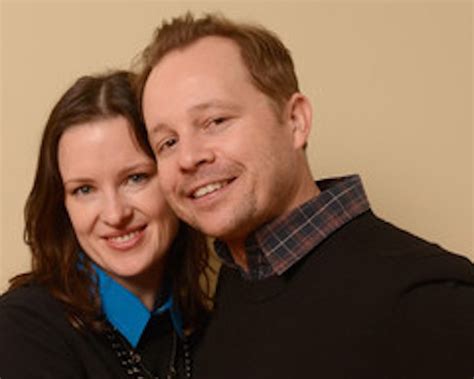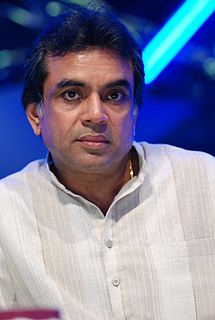A Quote by Noah Hawley
What's great is that each medium has a unique set of things that it does and does well. Film is a visual medium, and obviously, you can't fit a whole book into two hours unless you're really economical about it. Obviously, they say a picture is worth a thousand words, and on some level, it's sort of true.
Related Quotes
The great thing about television is that you get to tell, like with "The Walking Dead", 16 hours worth of character-driven storytelling in less time than it takes to make a feature film. So, it really is a medium at least for storytellers who are passionate about not only the genre but also the character-driven genre stories. It's probably a better medium.
Film is a temporal medium as much as it is a visual medium: you're playing with time, and you don't have that ability where someone can pause at home. That's such a fundamental part of what makes filmmaking exciting to me. I don't really have as much interest in any other medium. I just like the control.
I think each book sort of finds its own theme as it goes on. 'Warded Man' was fear. 'Desert Spear' was exploration of the other. 'Daylight War' was relationships. Some of this is intentional, and some of it evolves naturally. The series as a whole is obviously something I have given a lot of thought to, but each book is its own animal as well.
There is something about the medium [in comics] that allows for a simulation of actual experience with the added benefit of actually reading. You're reading pictures, but you are also looking at them. It's a sort of combined activity that I can't really think of any other medium having, other than, say, a foreign film when you are reading and seeing. It allows for all sorts of associations that might not come up with just words or just pictures.
One is that I'm really interested in movies about sex and lust, because I think those are primal, carnal instincts that translate well to a visual medium. Two, these things that I write, or want to make, are an expression of - I don't want to say darker instincts, but let's say darker instincts. But that's why I'm a writer.


